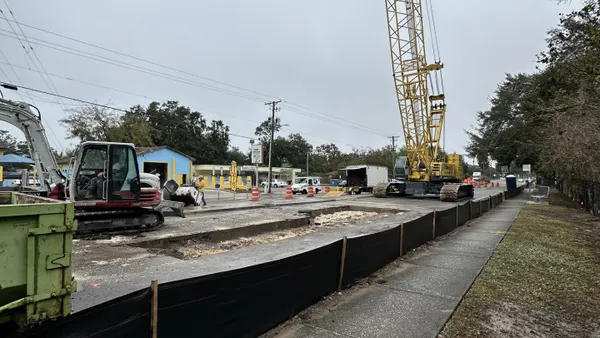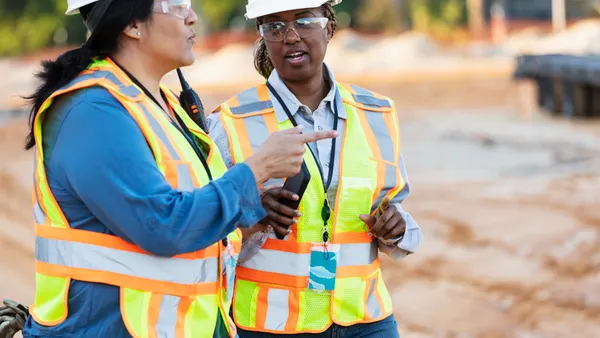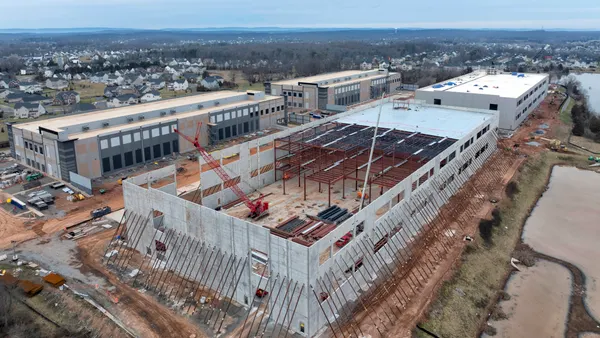Dive Brief:
-
Maryland Gov. Larry Hogan has proposed a $9 billion expansion of three major highways that connect the state to Washington, DC, and Virginia, according to the AASHTO Journal. He intends the project to be delivered as a public-private partnership (P3), making it the largest P3 highway initiative in North America.
-
The P3 would add four lanes to Interstate 270, the Interstate 495 (also known as the Capital Beltway) and the Baltimore–Washington Parkway, in Maryland. The state is in negotiations with the U.S. Interior Department to assume control of the latter, where the P3 would add express toll lanes.
-
The private partners would design, finance, build, operate and maintain the I-495 and I-270 portions of the expansion. Hogan called the plan, which intends to reduce traffic congestion along the heavily traveled routes, "transformative."
Dive Insight:
This plan dwarfs the $230 million, I-270 congestion relief strategy Hogan announced in August. The governor said the state would start requesting proposals for that plan later this year. Although there has been no formal announcement yet, the work could very likely be absorbed into the $9 billion project.
This is just the latest turn in Maryland's news-making infrastructure narrative.
Late last year, Hogan pushed back on state lawmakers over a new public scoring system for state-funded transportation projects. The Maryland Open Transportation Investment Decision Act of 2016 mandates that Hogan and his administration score projects according to nine criteria, including environmental impact and transportation access. The scoring is nonbinding and doesn't dictate which projects Hogan can pursue.
However, Hogan vetoed the bill when it came to him for signature, an action the Maryland Senate subsequently overrode. Earlier this year, lawmakers and Hogan appeared to have reached a deal for the delayed implementation of an amended version of the legislation.
Meanwhile, the $5.6 billion Purple Line light-rail project in Washington, DC's northern Maryland suburbs only recently resumed progress after activists sued to halt construction. In August 2016, a federal judge revoked federal and state approvals and subsequently ordered project officials to complete a supplementary environmental review after he questioned the accuracy of the original report's ridership numbers. A federal appeals court stayed Leon's order last month, and crews broke ground on the project earlier this month.
The dispute over the light-rail is far from over. In late August, the American Road and Transportation Builders Association called on the U.S. Court of Appeals for the District of Columbia Circuit to overturn Leon's decision fearing such a precedent could discourage the private sector from investing in future P3s.










